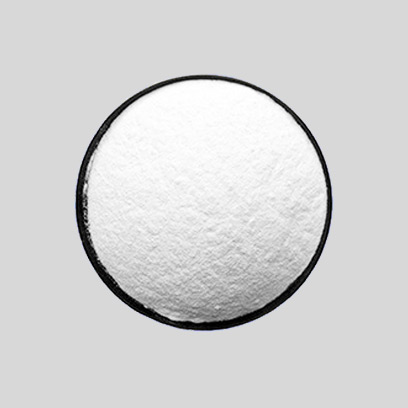
វិច្ឆិកា . 29, 2024 17:49 Back to list
Applications of Titanium Dioxide in Medical Treatments and Drug Delivery Systems
The Use of Titanium Dioxide in Medicine
Titanium dioxide (TiO2) is a widely utilized compound renowned for its impressive properties, such as high stability, non-toxicity, and strong photocatalytic abilities. Despite being primarily recognized for its applications in industries such as cosmetics, food, and paints, titanium dioxide's role in medicine has begun to garner significant attention. This article explores the various uses of titanium dioxide in the medical field, highlighting its potential benefits and future prospects.
1. Drug Delivery Systems
One of the primary medical applications of titanium dioxide lies in its use as a carrier in drug delivery systems. The unique properties of TiO2 nanoparticles (NPs), such as their nanoscale size, high surface area, and biocompatibility, make them ideal candidates for transporting therapeutic agents directly to target sites within the body. Drug-loaded TiO2 NPs have shown promise in improving the bioavailability and effectiveness of various medications, including anticancer drugs and anti-inflammatory agents. Moreover, the use of TiO2 NPs can allow for controlled release of drugs, minimizing side effects and ensuring that the active ingredient is delivered at an optimal rate.
2. Antimicrobial Properties
Titanium dioxide exhibits potent antimicrobial properties, making it valuable in medical applications. When exposed to ultraviolet (UV) light, TiO2 NPs can generate reactive oxygen species (ROS), which have the ability to kill bacteria, viruses, and fungi. This property has led to its incorporation into various medical devices and coatings, including surgical instruments, preventive wound dressings, and implants. By reducing the risk of infections associated with these devices, titanium dioxide plays a crucial role in enhancing patient safety and improving surgical outcomes.
use of titanium dioxide in medicine

Titanium dioxide’s photocatalytic activity also positions it as a promising agent in photodynamic therapy, a treatment modality that utilizes light-activated drugs to induce cell death. In PDT, TiO2 can be used as a sensitizer that becomes reactive upon light activation, leading to the generation of cytotoxic agents. This technique has shown efficacy in treating certain cancers and skin conditions. Researchers are continuously exploring ways to improve the effectiveness of TiO2 in PDT, focusing on optimizing its light absorption properties and enhancing its therapeutic potential.
4. Biosensors
Another innovative application of titanium dioxide in medicine is in the development of biosensors. Due to its electronic properties and large surface area, TiO2 can be functionalized with biomolecules to detect various biological markers. These biosensors can provide rapid and accurate diagnosis of diseases such as diabetes and infections by monitoring specific biomolecules in bodily fluids. The integration of titanium dioxide in biosensing devices paves the way for advancements in personalized medicine, allowing for better disease management and treatment plans based on individual patient needs.
5. Challenges and Future Directions
Despite its numerous applications, the use of titanium dioxide in medicine is not without challenges. Concerns have been raised regarding the potential toxicity of TiO2 nanoparticles, especially in relation to their size and persistence in biological systems. Therefore, extensive research is needed to assess the long-term safety and biocompatibility of TiO2 when used in medical applications.
Looking ahead, the future of titanium dioxide in medicine appears promising. Continued advancements in nanotechnology and materials science will likely lead to more refined applications of TiO2 in drug delivery, antimicrobial treatments, photodynamic therapy, and diagnostics. Furthermore, as regulatory bodies establish clearer guidelines for the safe use of nanomaterials in medicine, titanium dioxide's role may expand significantly, offering innovative solutions to complex medical challenges.
In conclusion, titanium dioxide stands out as a versatile compound with significant potential in the medical field. Its unique properties enable numerous applications that can enhance patient care and treatment outcomes. Ongoing research and development will undoubtedly uncover new avenues for utilizing titanium dioxide in medicine, potentially transforming therapeutic practices and improving healthcare overall.
-
China Lithopone in China Supplier – High Quality Lithopone ZnS 30% Powder for Wholesale
NewsJun.10,2025
-
Top China Titanium Dioxide Company – Premium TiO2 Powder Supplier & Manufacturer
NewsJun.10,2025
-
Fast Shipping 99% Pure TiO2 Powder CAS 13463-67-7 Bulk Wholesale
NewsJun.10,2025
-
Top China Titanium Dioxide Manufacturers High-Purity R996 & Anatase
NewsJun.10,2025
-
Lithopone MSDS Factories - Production & Quotes
NewsJun.10,2025
-
High-Quality Titanium Dioxide in Water Suppliers - China Expertise 60
NewsJun.09,2025
